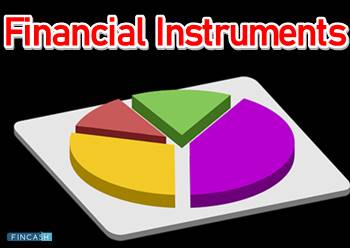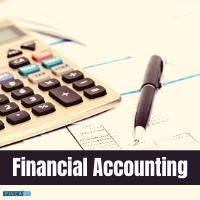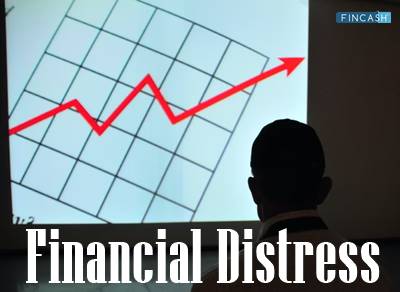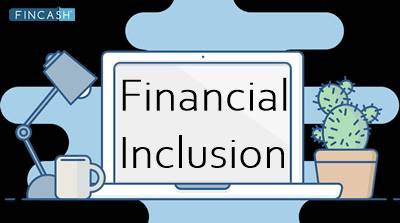Financial Instruments: An Overview
A financial instrument refers to a contract among two or more parties or individuals having some monetary worth. They can be formed, settled, traded, or modified according to the parties' needs. In basic terms, a financial instrument refers to an asset that holds capital and can also be traded on the market.

Cheques, Bonds, stocks, options contracts, and shares are primary examples of financial instruments.
Types of Financial Instruments
The two most common types of financial instruments are as follows:
1. Cash Instruments
Cash instruments refer to financial products whose values are immediately affected by the current market conditions. There are two sorts of cash instruments:
Securities: A security refers to a monetary-valued financial instrument being traded on any stock exchange. Security also indicates the ownership of a portion of any corporation publicly traded on the stock exchange when purchased or sold.
Loans and Deposits: These are classified as cash instruments since they reflect the financial wealth subject to a contractual arrangement.
2. Derivative Instruments
Derivative instruments refer to financial products whose values rely on underlying assets, including commodities, currencies, stocks, bonds, and stock indexes. Synthetic agreements, futures, forwards, options, and swaps are the five most frequent derivatives instruments. This is covered in greater depth further down.
SAFE or Synthetic Agreement for Foreign Exchange: It refers to an agreement that ensures a specific exchange rate for a specified time duration in the over-the-counter (OTC) market.
Forward: It refers to a contract between two parties that includes customizable derivatives and involves an exchange at a predetermined price at the end of the contract.
Future: It refers to a derivative transaction that allows you to trade derivatives at a predetermined exchange rate at a future date.
Options: It is a contract between two parties in which the seller offers the buyer the right to buy or sell a particular number of derivatives at a predetermined price for a set time duration.
Interest Rate Swap: It refers to a derivative arrangement between two parties in which each party promises to pay various interest rates on their loans in different currencies.
Talk to our investment specialist
Foreign Exchange Instruments
Foreign exchange instruments refer to the financial instruments traded on any foreign exchange market. It primarily includes derivatives and currency agreements. In terms of monetary contracts, they can be classified into three prime groups, as follows:
Spot
A currency arrangement in which the actual currency exchange occurs instantly after the second working day after the agreement's original date. The money exchange is done "on the spot," hence the term "spot" (limited timeframe).
Outright Forwards
A monetary deal in which the actual currency exchange takes place “ahead of schedule” and before the agreed-upon deadline. It is advantageous in situations where currency rates fluctuate often.
Currency Swap
A currency swap is the buying and selling activities of the currencies with diverse value periods at the same time.
Financial Instrument Asset Classes
Financial instruments can be divided into two asset groups and the types of financial instruments listed above. Debt-based financial instruments and equity-based financial instruments are the two asset classes of financial instruments.
1. Debt-based financial instruments
Debt-based financial instruments are techniques that a company might employ to grow its capital. Bonds, mortgages, Debentures, credit cards, and lines of credit are some examples. They are an essential aspect of the business environment since they allow businesses to improve profits by increasing capital.
2. Equity based financial instruments
Equity-based financial instruments are structures that function as legal ownership of a business. Common stock, preferred shares, convertible debentures, and transferable subscription rights are all examples. They help firms build capital over a longer time than debt-based financing, but they have the advantage of not requiring the owner to repay any debt. A company that owns an equity-based financial instrument can either invest more in it or sell it whenever it sees fit.
All efforts have been made to ensure the information provided here is accurate. However, no guarantees are made regarding correctness of data. Please verify with scheme information document before making any investment.













It's a best explanation about